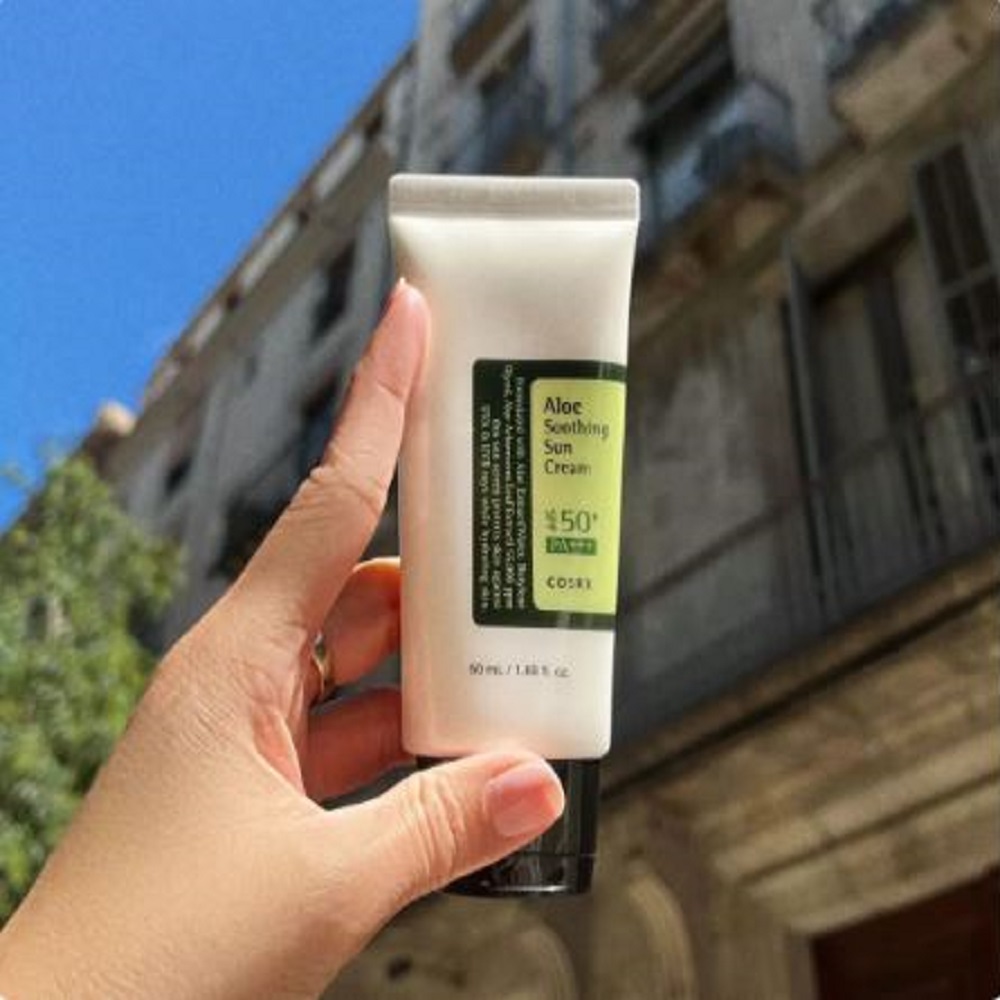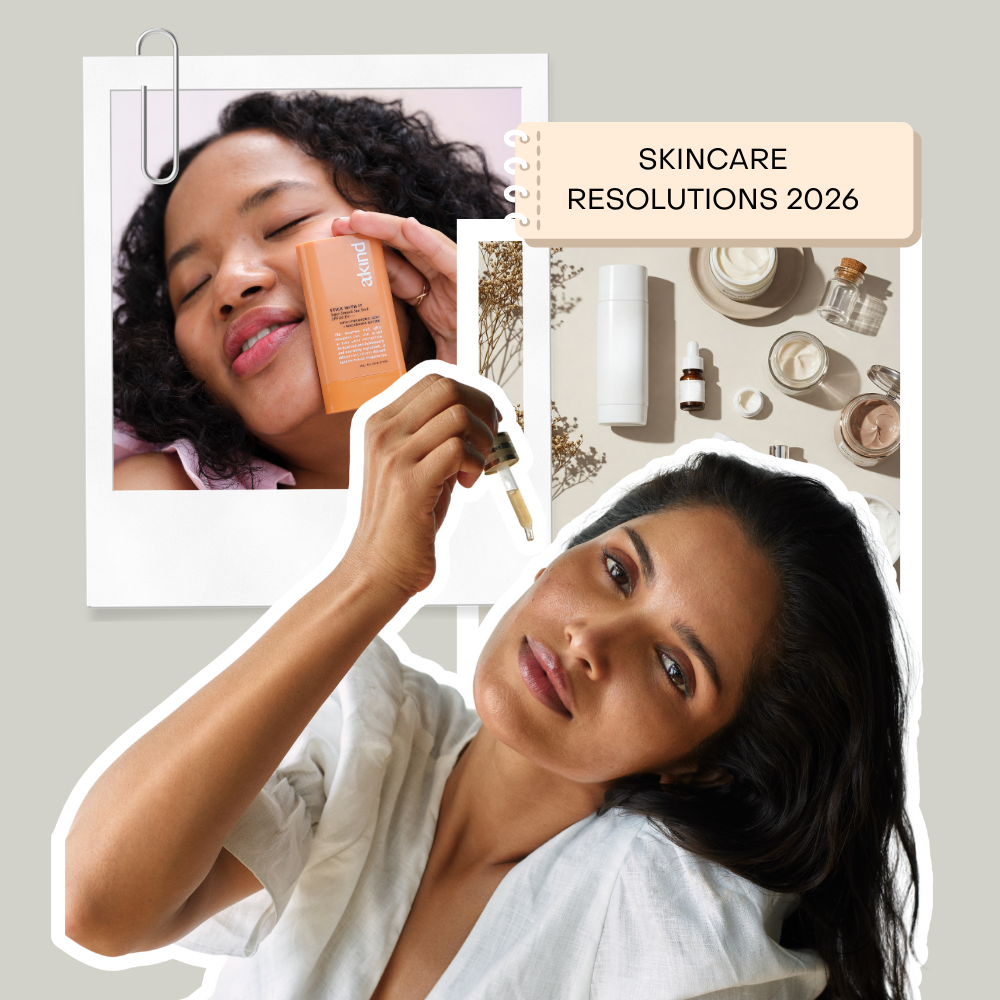
If skincare products were cast members in Game of Thrones, Her Majesty The Sunscreen would surely be lounging on the iron throne like royalty. Name one other skincare product that can reduce signs of ageing while keeping skin cancer at bay (we’ll wait).
National Sunscreen Day seems as good an occasion as any to celebrate the many benefits of this skincare staple. You may have got the basics of sunscreen application and the difference between SPF 30 and 50 down pat, but a vigilant regimen of sun protection doesn’t end there. We asked celebrity cosmetic dermatologist Dr Chytra V Anand every possible question you have ever had about sunscreen; and here’s what we learnt.

What is the correct amount of sunscreen to be applied?
According to Dr Anand, the correct amount to apply is roughly two milligrams of sunscreen per square centimetre of skin. “For an adult, this generally translates to about a shot glass full (approximately 30 ml) to cover the body. For the face, you can visualise taking a dollop of sunscreen about the size of a one-rupee coin,” she advises.
What is the biggest sunscreen myth one shouldn’t fall for?
Nope, cloudy days do not give you a hall pass from protecting your skin from UV rays. However, up to 80 percent of UV rays can pass through clouds and can reflect off snow during winter, making sunscreen important year-round. “There is another myth that you won’t get vitamin D if you use sunscreen, which isn’t true as no sunscreen is 100 percent protective,” she adds.
What is the best time to apply sunscreen during the day?
As a rule of thumb, sunscreen should be applied 30 minutes before going outdoors to allow it time to absorb and start working effectively. “Once you wake up and shower, apply sunscreen right away. If you are stepping out without a shower, apply after you brush your teeth so it can absorb sufficiently,” Dr Anand tells us.
How often should it be reapplied during the day?
Sunscreen should be reapplied every two hours—this window of time narrows down if you are swimming, sweating or towel-drying your skin. However, Dr Anand has found that active sunscreens can offer longer protection which can be further boosted with oral sunscreen pills.
Why is it important to wear sunscreen even when indoors?
If cloudy weather doesn’t allow you to cheat on your skincare routine, staying indoors all day won’t hold much weight either. As Dr Anand cautions, UV rays can penetrate windows and indirect exposure can still contribute to cumulative skin damage and ageing. “If there is daylight, then you need to use sunscreen,” she surmises.
How long does it take for the results from sunscreen to show on the skin?
The immediate results of using sunscreen include protection against sunburn—no surprises there. But in the long-term, a consistent sunscreen habit can lead to reduced signs of ageing and lower risk of skin cancer, which can take years to become evident.
What are some ways or reminders to get into the habit of using sunscreen consistently every day?
Dr Anand believes that setting up the right cues can help. “Setting daily reminders on your phone, keeping sunscreen visible and accessible near other daily essentials, such as your toothbrush, can help make its use a habit. On days when you’re spending prolonged periods of time outdoors, it helps to keep a travel-sized mini in your purse for adequate reapplication,” she signs off.
Tira recommends: Once you have the nitty-gritties of sunscreen application sorted, you’ll want to stock up on these formulas that won’t allow harmful UV rays to crash your skin party:
- Dr. Sheth’s Ceramide & Vitamin C Sunscreen-50g (Pack of 2) Combo
- COSRX Aloe Soothing Sun Cream SPF 50 Pa+++
- Aqualogica Glow+ Dewy Sunscreen
- Minimalist SPF 50 PA ++++ Sunscreen With Multi-Vitamin For Reducing Photoaging & No White Cast
- Re'equil Hydrate & Sun Protect Combo for Normal Skin
- Neutrogena Ultrasheer SPF50+ PA+++ Face Sunscreen
- Thank You Farmer Sun Project Silky Calming Sun Stick SPF 50+ PA++++

































